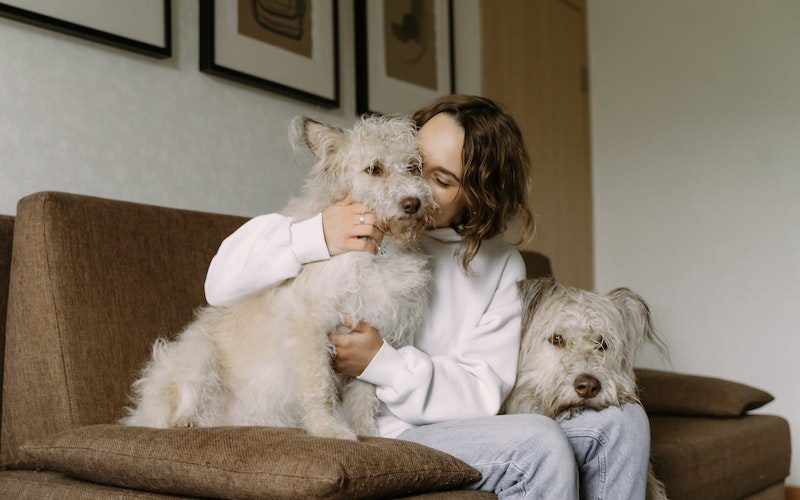A recent episode of the podcast Now & Then titled “Horses, Cats, and Chickens: Animal Power and Us” has us thinking about pets. In the episode, the two historians who host Now & Then—Heather Cox Richardson and Joanne Freeman—explore the many roles animals have played in the lives of Americans throughout the country’s history. (Who knew, for example, that George Washington had a dog named Sweet Lips? Certainly not us!)
It is a fun and fascinating episode, but the hosts leave out at least one role animals can play in our lives. It turns out that having a pet can be good for your recovery from a substance use disorder.
Let’s take a look at some of the ways in which an animal companion can support your sobriety—just by being themselves.
The Qualities of Quality Time with Your Pet
No matter what sort of pet appeals to you, there are a number of real benefits to bringing an animal into your life.
For example, animals can offer nonjudgmental support and encouragement. Dogs, of course, are quite good at this, but plenty of other animals can provide a sense of companionship that can add joy to your life. That, in turn, can lower blood pressure, relieve stress, and lessen the symptoms of depression and anxiety while boosting your self-esteem and confidence.
In addition, a pet can provide a distraction from cravings for drugs or alcohol while serving as a source of sober entertainment. And in some cases—we are thinking primarily (though not exclusively) about dogs again here—a pet can help you stay active and get outdoors. Getting enough exercise and enough sunlight are both important factors in maintaining your sobriety.
Because pets require love and attention—not to mention food, exercise, regular healthcare, and more—they can also help you develop a set of routines that are good for both your sobriety and for the animal in your care.
Some Options if You Can’t Have a Creature at Home
There are, of course, real expenses involved in caring for an animal. And there are space requirements as well. You will also need to consider if your current schedule allows you to spend enough time with a pet. Or you might simply live in an apartment or other rental property that does not allow animals. Depending on your situation, those sorts of considerations might make it difficult for you to have a pet right now. There are still ways you can get many of the benefits of pet ownership.
For example, you could offer to walk an elderly neighbor’s dog or to pet sit for your friends when they are away. If your schedule allows, you could even offer your services to others as a side hustle (the gig economy is probably more fun if the gig involves furry friends).
Perhaps the best option, however, is to volunteer at your local animal shelter. Doing so gives you the opportunity to interact with animals and experience the joys of taking care of them. Many shelters will let you volunteer as a group with family or friends, so you can have a wonderful, shared experience that helps animals in need, brings you closer together with people you love, and supports your sobriety.
Before You Get a Pet, You Should Get Sober—and We can Help
When you are in the grips of a substance use disorder, it is often all but impossible to care for yourself let alone for an animal companion. And it probably goes without saying that a pet can’t help you stay sober if you are not, in fact, sober to begin with. So, before you make a decision about adopting Fido or Bella or Snowball, make the essential decision to get the help you need to reclaim your sobriety and your life.
At French Creek Recovery Center, we offer personalized treatment plans because we recognize that each individual has unique needs. You can count on compassion, support, expertise, experience, and evidence-based practices as the foundations of your care when you are treated at our Meadville, PA, campus. We can also address any co-occurring mental health disorders that may be intertwined with your substance use disorder. And our promise of a continuum of care means you will have access to support and resources to help you maintain your sobriety after you leave treatment.
Long and short: Before you can care for an animal, you have to take care of yourself. When you are ready to get sober, we are ready to help.

